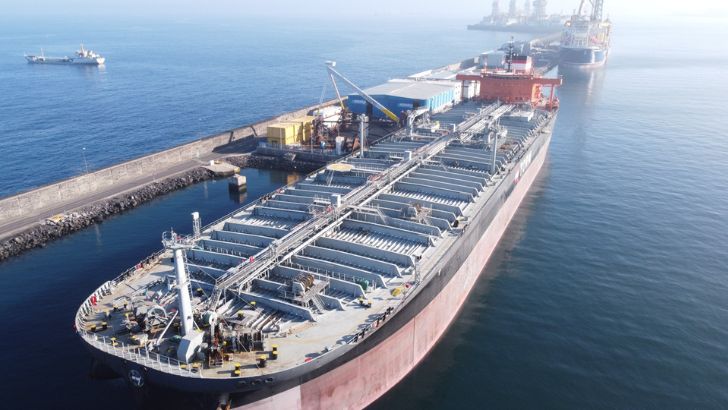"Ramifications for entire world, specifically for India," says former diplomat after US strikes three nuclear sites in Iran
After US-Israel strikes on Iran’s nuclear sites, ex-diplomat Mahesh Sachdev warned of global fallout, especially for India. He said Iran’s response could trigger more US raids or a nuclear revival, impacting peace and India’s Middle East ties.
ANI
-
Mahesh Sachdev, former Indian diplomat . (ANI)
New Delhi, 22 June
After the US and Israel targeted three nuclear sites in Iran, former Indian Diplomat Mahesh Sachdev on Sunday said the situation could have severe global repercussions, including for India. Sachdev stated that much depends on whether Iran decides to retaliate.
Sachdev added that
the strikes could lead to more US attacks or push Iran to restart its nuclear
program, which would have implications for global peace and India's interests
in the Middle East.
Speaking to ANI,
Mahesh Sachdev said, "... A lot would depend on whether Iran decides to
carry out its threatened retaliation for such an action. It will require a
slightly longer-term assessment of whether the three sides in question have
been totally destroyed, as President Trump mentioned... If it is not confirmed,
it might involve further American raids, or might involve Iran repledging
itself to exercise its nuclear option. Either way, it has ramifications for the
entire world and specifically for India because India has a well-known stake in
stability and peace in the Middle East for reasons of oil dependence, presence
of Indian diaspora and remittances, trade, as well as investments."
Meanwhile, Trump
announced on Sunday that the US had conducted massive precision
strikes" on the nuclear sites in Iran. In his remarks after the strike,
the US President warned Iran of retaliation if peace is not achieved soon.
The underground
site at Fordow and the larger Natanz plant were Iran's two primary uranium
enrichment facilities, out of which Natanz had already been hit by Israel with
smaller weapons earlier in the week, the New York Times reported.
Israeli Prime
Minister Benjamin Netanyahu said that history will record the US President who
"acted to deny the world's most dangerous regime, the world's most
dangerous weapons."
Iran, in a
statement, acknowledged that the sites had been hit and called it "savage
aggression--an act in violation of international laws", stressing
particularly the NPT. It alleged "indifference and complicity" by the
International Atomic Energy Agency (IAEA) of indifference and complicity and
said that it expects the international community to condemn these actions.
The conflict between Israel and Iran entered its ninth day on Saturday, with the US now joining in support of Israel. The conflict started after Israel, on 13 June, launched a massive airstrike on Iranian military and nuclear sites, dubbed 'Operation Rising Lion.'
In response, the
Islamic Revolutionary Guard Corps (IRGC) launched a large-scale drone and
missile operation, 'Operation True Promise 3', targeting Israeli fighter jet
fuel production facilities and energy supply centres.
Leave a Reply
Your email address will not be published. Required fields are marked *








.jpg)

.jpg)
 (1).jpg)
.jpg)



.jpg)
.jpg)
.jpeg)

